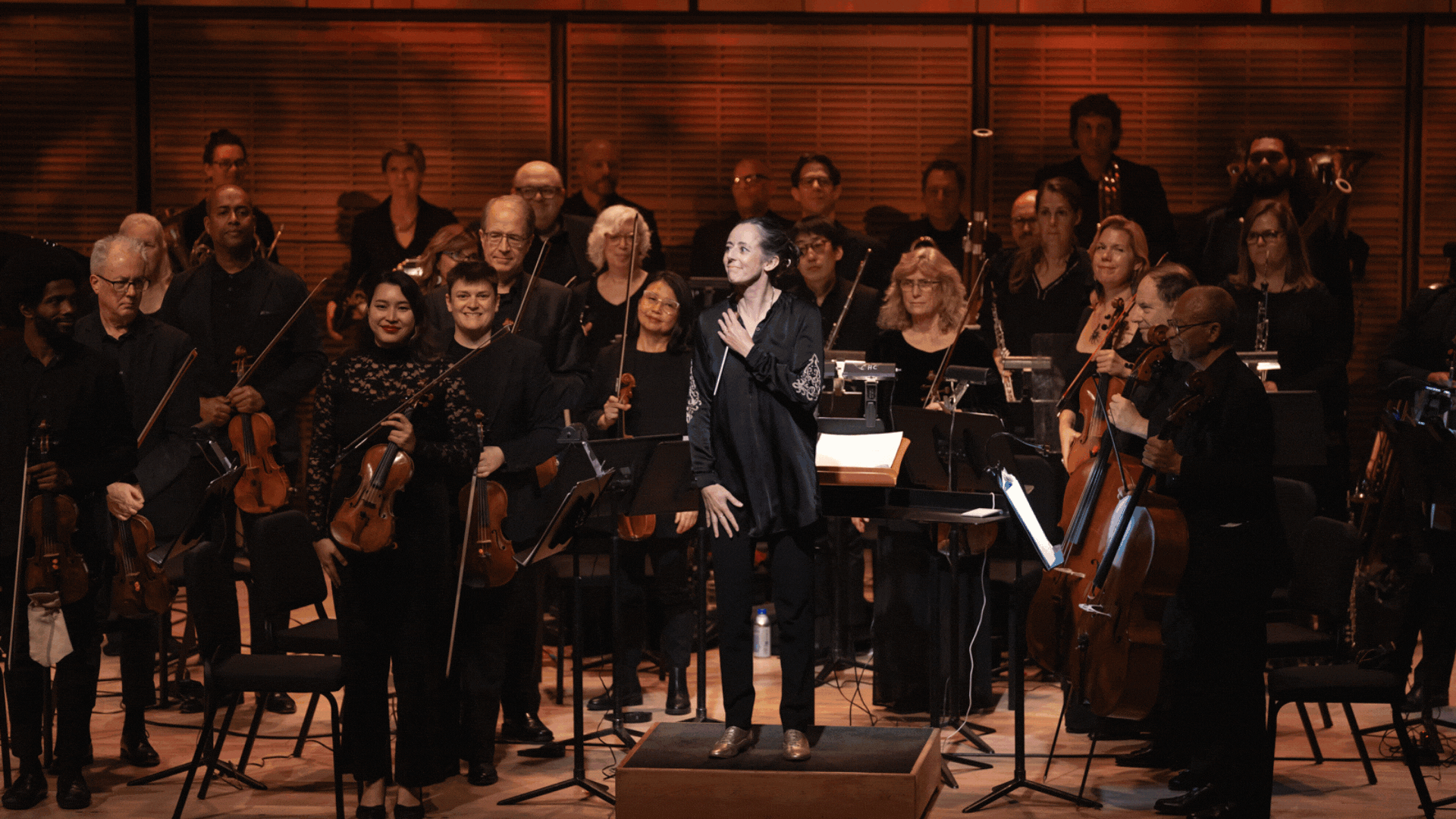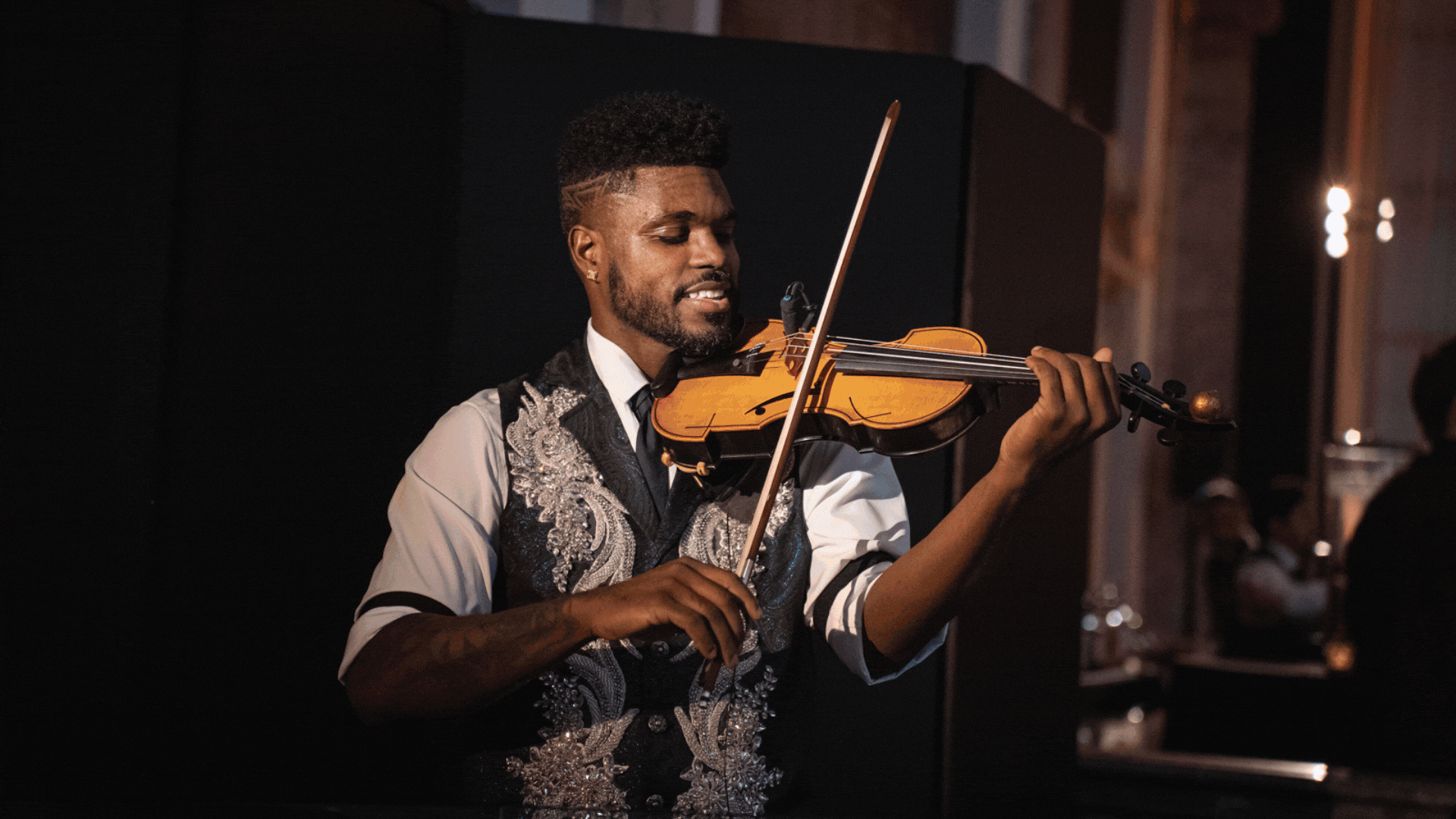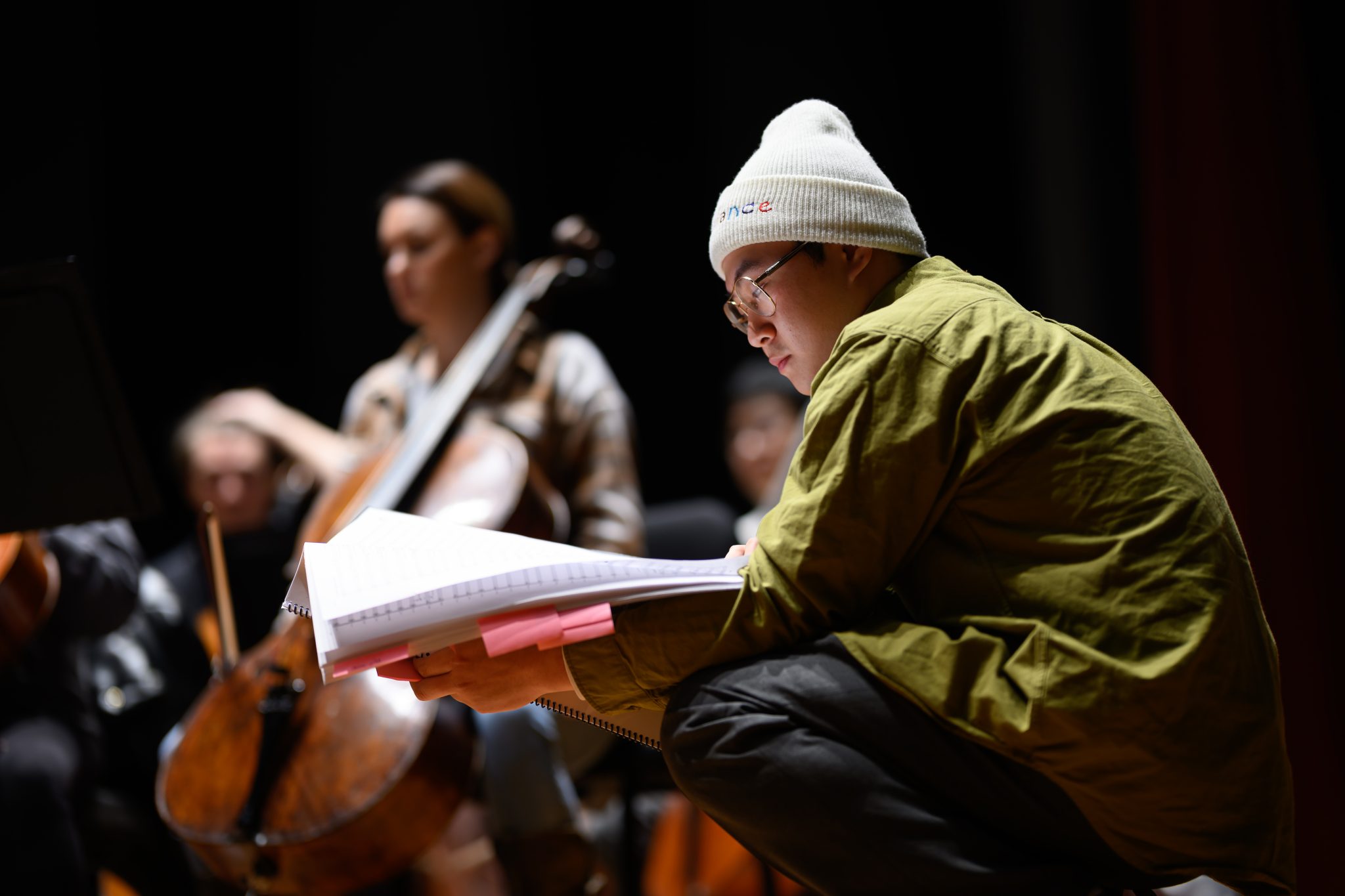Buffalo Readings Postscript (by Carl Schimmel)
It's been a little over a week since the EarShot Readings in Buffalo, and I'm still thinking about the ways in which EarShot is and could be the link between "emerging" composers and audiences around the country.
First, kudos to Maestro Kraemer and the Buffalo Philharmonic Orchestra for the fantastic readings they gave, and for all their hard work -- thank you so much. It's always thrilling to hear a new work, but this is particularly the case when the piece is for full orchestra. And, thanks too to the staff and administration of both EarShot and the BPO, whose efforts made the event possible.
There are many obstacles to composers who are seeking to reach audiences with their orchestral works: they need an ability to write well for large ensembles, they need music directors who can and will take the time to look over new repertoire, they need orchestra administrations who support progressive music directors (but can still pay the bills), etc. Without any of these components, an orchestral composer is probably sunk. But at least as important as any of these is the need for a willing audience.
Who wants to listen to my music? I mean that seriously -- will you listen to my music, please? That is the implied question proposed by any composer when he or she presents a new work for performance. The unspoken answer is often NO. There are many reasons why someone might justifiably not want to listen to my music -- no free time, the weather is bad, the concert hall is uncomfortable -- but the reasons which pertain specifically to me and my music, while justifiable, usually can be traced to a lack of familiarity.
The research I conducted for my doctoral degree focused on the statistical modeling of the effects of repertoire decisions on orchestra ticket sales. Not surprisingly, the programming of works that are most familiar to audiences resulted in higher single-ticket sales. So for example, Carl Orff's Carmina Burana would typically result in higher sales than Beethoven's Symphony No. 1, even though Beethoven is a far more famous composer and few non-classical-music-lovers have ever heard of Carl Orff.
So what does this mean for contemporary composers? It doesn't sound like good news -- contemporary music is almost universally unfamiliar to audiences, except for film scores. To my surprise, contemporary music did not fare poorly in my study -- in fact, it did rather well, compared to works by composers such as Schubert or Weber or Franck. I can partly explain this unexpected result by the fact that contemporary composers are alive -- we are able to comment on the world in which our audiences live, and more importantly we are able to interact with our listeners. The right piece, by the right person, can draw audiences sometimes even if the musical language is relatively unfamiliar.
For better or worse, careers in many (perhaps all) disciplines are forged largely on interpersonal relationships. In Buffalo, Steve Stucky shared with us a story from his own life which perfectly demonstrated this phenomenon, and several of us discussed afterwards how tirelessly entrepreneurial the great composers were. Perhaps there were many other incredible composers in Beethoven's time whose music is forgotten today because they failed to connect with the right people. To a large extent the networking effect plays itself out between composers and the performers of their works. However, in our democratic society, I am certain that the most successful among us rely heavily on a solid relationship with our audiences as well. Composers like Philip Glass and Frank Zappa come to mind -- these are strong personalities who intrigue potential listeners as people.
What do orchestral audiences know about me? Almost nothing at all, except perhaps what is written on page 19 of the program, under the "Bios" section. If they knew that I grew up in Rhode Island, would they be more interested to listen to my music? Probably, if they live in Rhode Island. How about if they knew that I am sometimes inspired by grunge music from the 1990's? I suppose this would interest quite a few twenty- and thirty-somethings. What if they heard that I like to write music which uses dog chew toys and turkey gobbles? (I do.) According audiences the opportunity to meet and communicate with composers will give them a reason to listen.
Our ability to breathe and move around and sometimes even to talk gives us a leg up on folks like Beethoven and Orff. Even amateurs have this significant advantage over the geniuses who were composing by candlelight while the short French man sent armies into Russia. Fortunately for American audiences, there are hundreds of brilliant orchestral composers among us, deserving of a chance to be heard by a potential public. They simply need to be given a way of networking with both orchestras and concert audiences -- and that is where EarShot comes in. The key, I think, to making EarShot a permanent and vital institution lies in its ability to connect composers with audiences -- not solely to connect composers' music with audiences (although this alone would be a great service) -- and not just to connect composers with music directors -- but to connect the people who compose with potential listeners. I am convinced that this can happen, and I think it will be exciting to watch EarShot reach its full potential.
Corporate gifts to match employee contributions are made by Goldman Sachs, Deutsche Bank, Triton Container International Incorporated of North America, and Neiman Marcus.
Public funds are provided by the New York City Department of Cultural Affairs in partnership with the City Council, and the New York State Council on the Arts with the support of Governor Kathy Hochul and the New York State Legislature, Office of Brooklyn Borough President Reynoso, and the National Endowment for the Arts.






